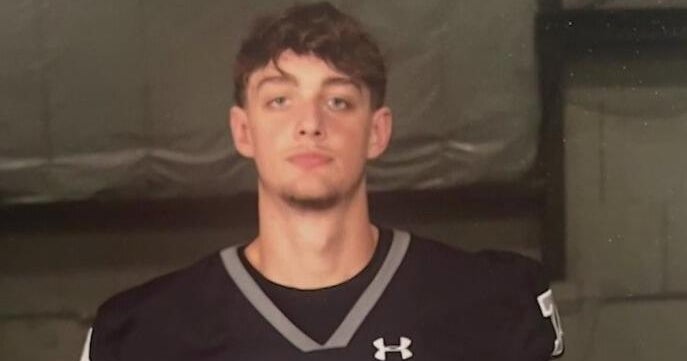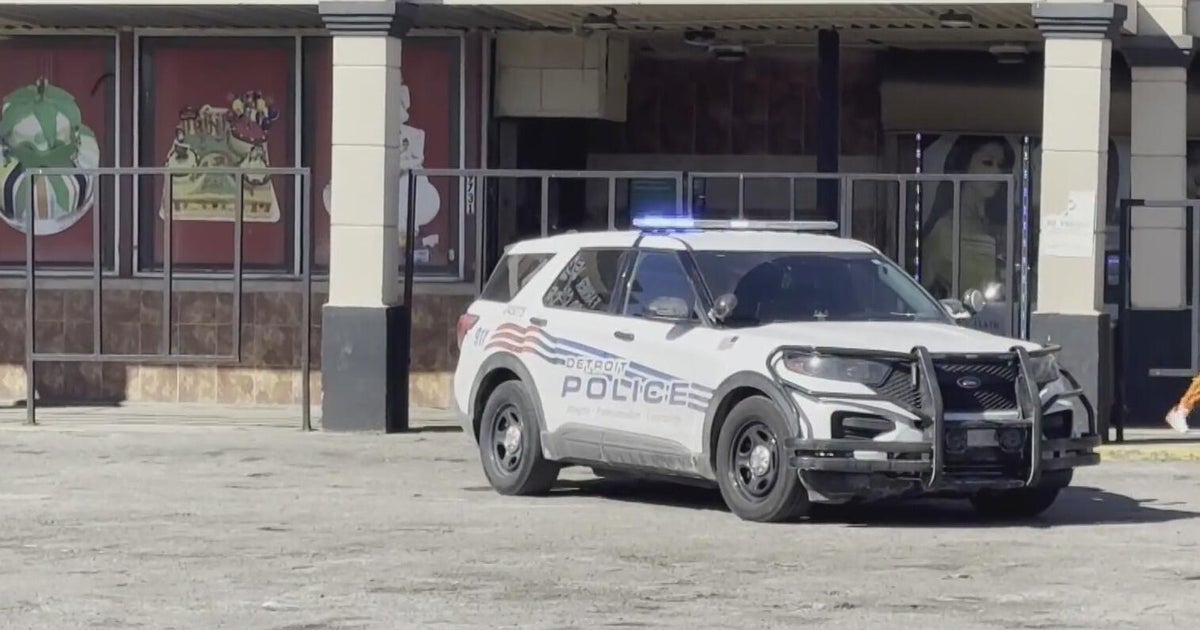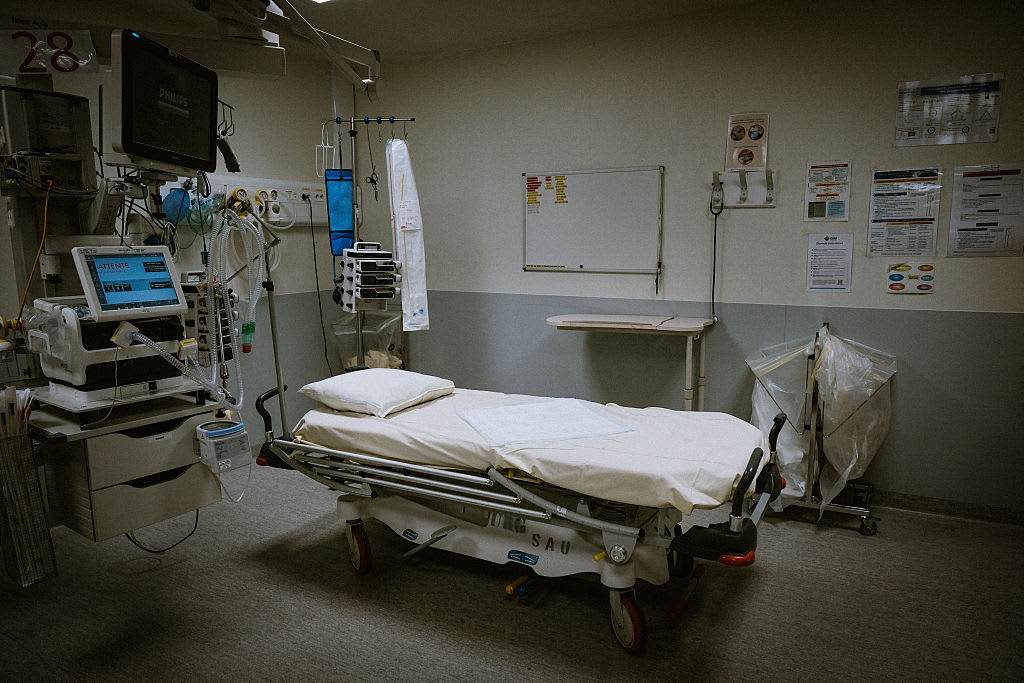Firearm suicide among America's youth has hit its highest rate in 20 years, report finds
As the debate over gun policy has once again moved to the forefront following a string of mass shootings, a new report by Everytown for Gun Safety is shedding light on another aspect of gun violence impacting children: suicide.
The report, published on Thursday, found that the rate at which children, teens and young adults are dying by suicide by use of a firearm has increased faster than any other age group over the past decade. According to the group, firearm suicide among ages 10 to 24 is at its highest rate in more than 20 years.
From 2019 to 2020 alone, while the rate of firearm suicides increased by 2% as a whole, the rate among ages 10 to 24 increased by 15%.
And the youngest members of that age group, children between the ages of 10 and 14, seem to be impacted the most.
The firearm suicide rate for kids between the ages of 10 and 14 increased by 31% from 2019 to 2020 — the highest reported rate for that age group by the CDC since 1968. Over a longer period, from 2011 to 2020, the rate increased by 146%, Everytown found.
"America's young people are waiting with desperate impatience for America's adults to recognize the full scope of this nation's gun violence crisis and take action to stop the bloodshed," Everytown President John Feinblatt said in a statement. "So many gun suicides are preventable tragedies, and averting disaster starts with safe storage and opening up a line of communication with their kids."
While accidents by far continued to be the leading cause of death for the age group in 2020, homicide ranked second, with suicide barely trailing behind.
The report attributed the suicide risk of the age group to a combination of three main factors: life stressors, historical risk factors and access to lethal means of harm.
Sarah Burd-Sharps, senior director of research for Everytown, said the research is "an urgent wake up call for our country."
"Nearly half of all suicides among young people are with a gun," she said.
Everytown's research also found that 90% of suicide attempts with a gun are fatal. In attempts without a gun, just 4% result in death. This data was further supported in a 2021 study, which states that "access to lethal means matters."
Boys and young men represent nearly nine out of 10 firearm suicide victims, Everytown found. Youth who identify as Native American or Alaska Native are more than 1.5 times more likely to die by firearm suicide than the next closest demographic, while those who are Asian or Pacific Islander have the fastest-growing rate out of any other racial demographic for their age group.
"But these suicides can be prevented," Burd-Sharps said, "most immediately by removing access by children and teens to firearms, strong gun safety laws, and by supporting youth with open, honest conversations about mental health."
A priority in preventing these types of deaths, researchers said, is limiting access to firearms in the first place.
"Mechanisms that create time and space between acquiring lethal means and someone experiencing crisis is proven to reduce the risk of suicide," the report states. "The vast majority of all those who survive a suicide attempt do not go on to die by suicide."
For gun owners, this means storing guns unloaded, locked and separate from ammunition, Everytown said, and when it is known that someone in the home is experiencing a crisis, storing weapons in a secure third-party location.
But further legal steps also play a role. Researchers said laws that allow people to request a court to prevent someone in crisis from accessing guns could be helpful in reducing the rates of suicide, as well as enacting waiting period laws, permit-to-purchase laws and background checks.
Last year was the second-highest year for gun sales in the U.S. since 2000, according to a report from SafeHome.org. The report, published in February, found that 19 million guns were sold in the U.S. last year — a slight dip from the 21 million sold in 2020, but still 40% higher than 2019.
Everytown said there also needs to be better investment in research and prevention and more public information about the risk factors and warning signs, Everytown's report says.
"As students continue to navigate changes in school learning environments — a result of the ongoing challenges associated with the COVID-19 pandemic — there is concern that the anxiety and loneliness already felt by many young people will continue to increase," researchers said. "...But suicide, including firearm suicide, can be prevented."



